As the curtains draw open on the highly anticipated Toy Story 5, a new and formidable foe emerges to shake the very foundations of Andy's room. Meet Lilypad, a sleek, high-tech, frog-shaped smart tablet that has left Woody and Buzz Lightyear reeling in the first teaser trailer for Pixar's latest installment. The toys, once the undisputed champions of playtime, now face an existential threat in the form of this all-new, all-powerful rival.
The trailer, set to release on June 19, 2026, promises to take the beloved franchise to new and uncharted territories, as the toys grapple with the implications of Lilypad's advanced capabilities. With Greta Lee joining the cast to voice the new high-tech toy, fans are eagerly anticipating the latest chapter in the Toy Story saga.
But what does Lilypad represent, beyond the confines of a children's film? In an era where artificial intelligence (AI) is increasingly woven into the fabric of our daily lives, the emergence of Lilypad serves as a poignant reminder of the profound impact that technology is having on our relationships, our work, and our very sense of self.
At its core, AI is a tool designed to augment human capabilities, to make our lives easier, and to free us from mundane tasks. However, as we've seen with the rise of smart home devices, virtual assistants, and social media, the line between convenience and control can become increasingly blurred. Lilypad, with its advanced capabilities and sleek design, represents the next frontier in this ongoing conversation.
"We're living in a world where technology is becoming increasingly integrated into our daily lives," notes Dr. Rachel Kim, a leading expert in AI ethics. "As we create more advanced AI systems, we must also consider the potential consequences of their impact on human relationships and society as a whole."
In the context of Toy Story 5, Lilypad serves as a powerful metaphor for the anxiety and uncertainty that often accompany technological advancements. As Woody and Buzz struggle to come to terms with their new rival, they must also confront the very real possibility that their roles in the toy box may be evolving beyond recognition.
"It's not just about the toys; it's about the humans who play with them," observes Dr. Kim. "As we create more advanced AI systems, we must also consider the impact on the relationships between children and their toys, and the ways in which technology is shaping our understanding of play and imagination."
As the Toy Story franchise continues to push the boundaries of what is possible in animation, it also offers a unique lens through which to examine the implications of AI on our society. With Lilypad as its central antagonist, Toy Story 5 promises to be a thought-provoking and visually stunning exploration of the complex relationships between humans, technology, and imagination.
As the curtains draw open on this latest chapter in the Toy Story saga, one thing is clear: the future of playtime has never been more uncertain. Will Woody and Buzz be able to adapt to the changing landscape, or will they find themselves relegated to the dustbin of history? Only time will tell, but one thing is certain: the conversation about the impact of AI on our society is far from over.
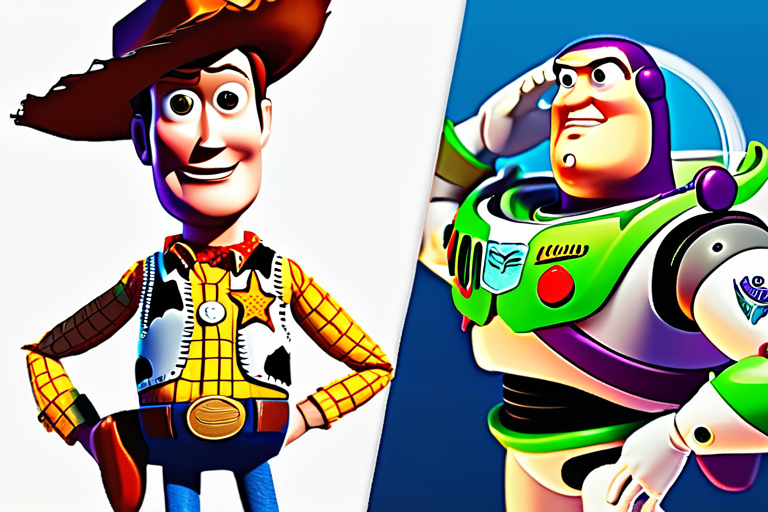


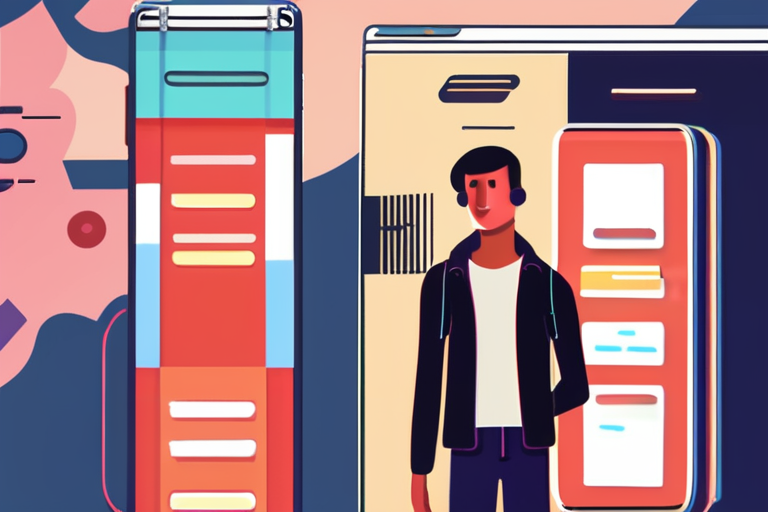
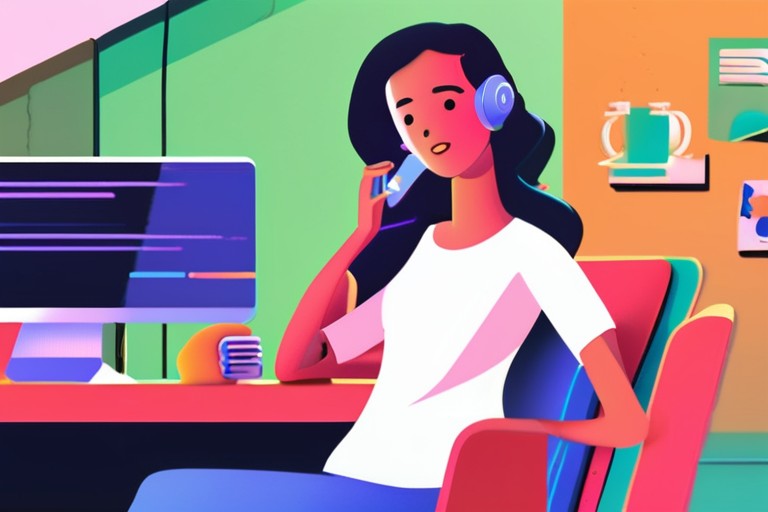
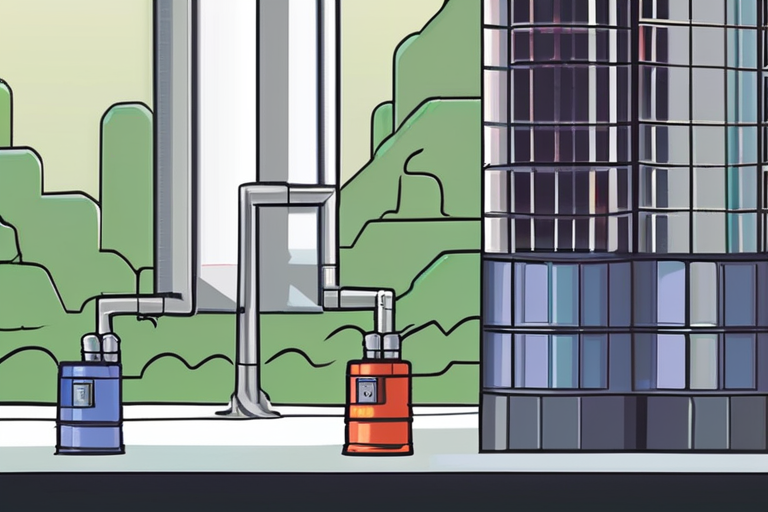
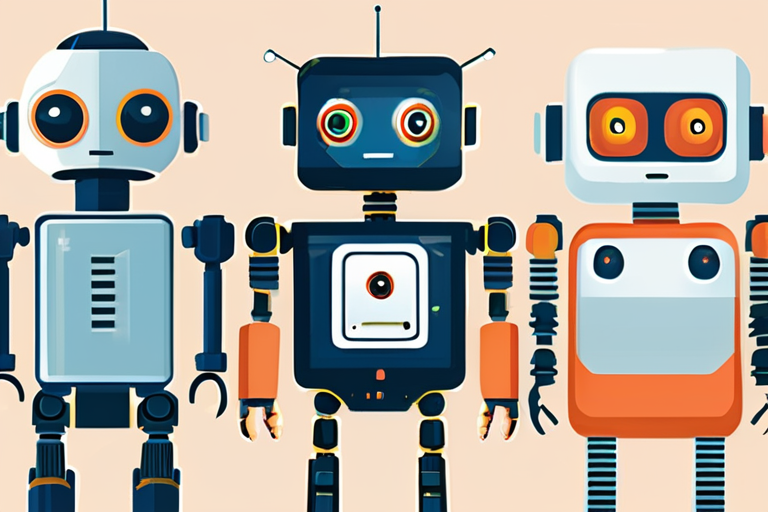
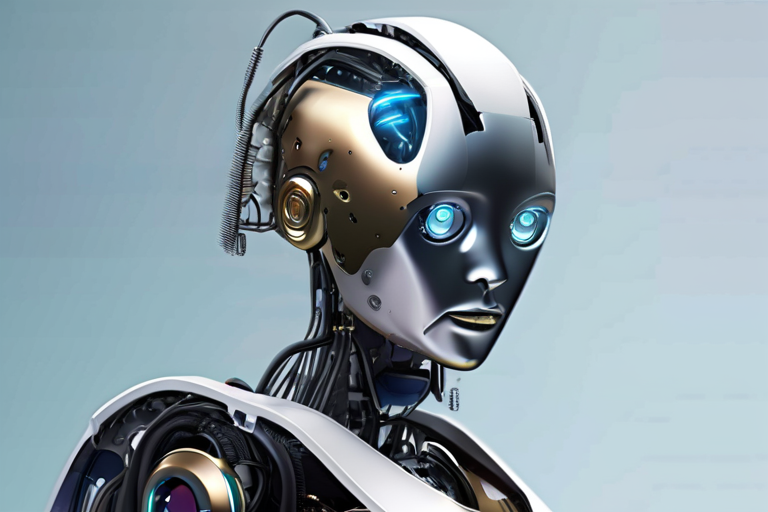
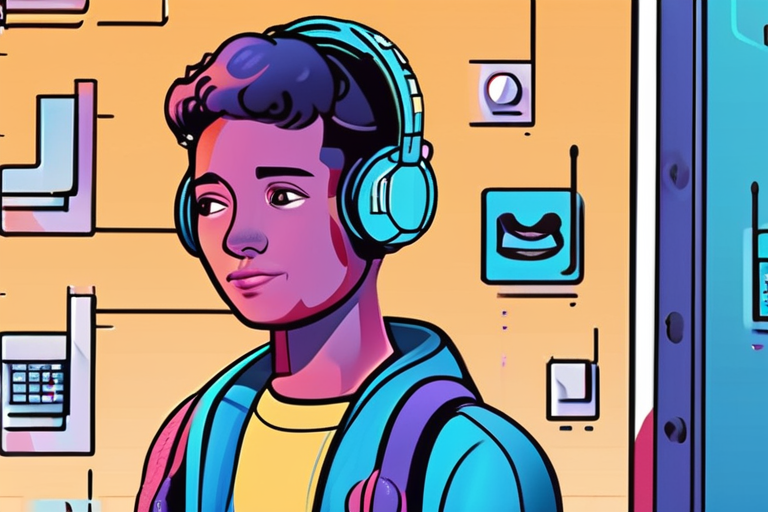
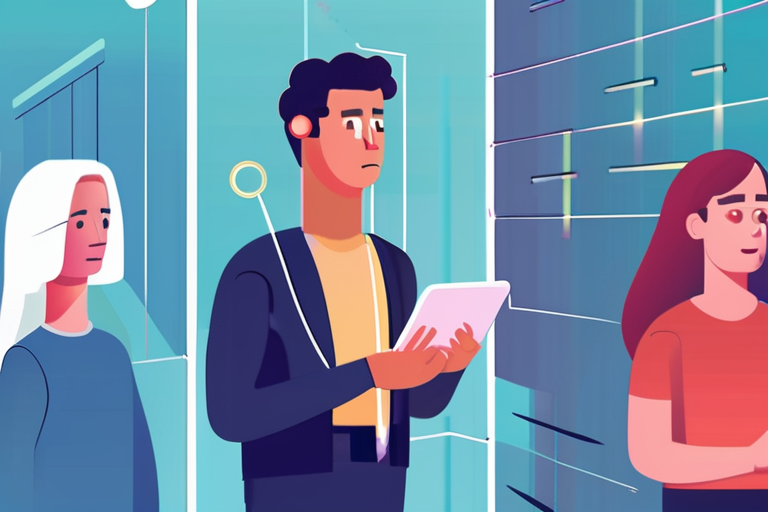
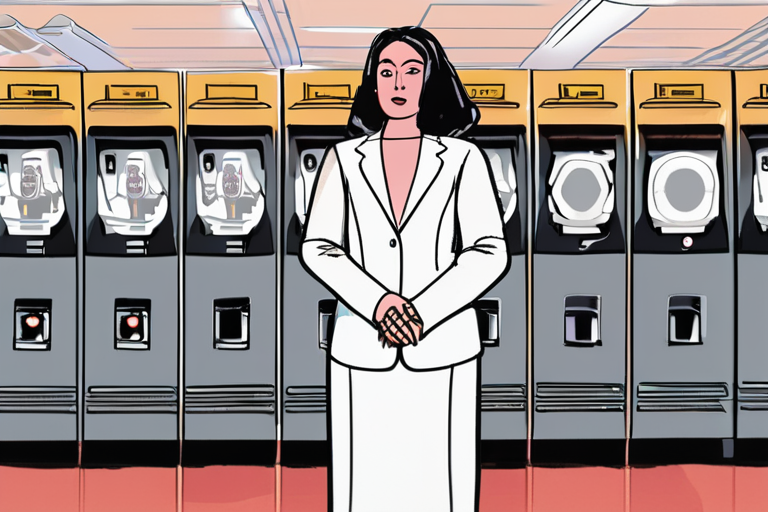

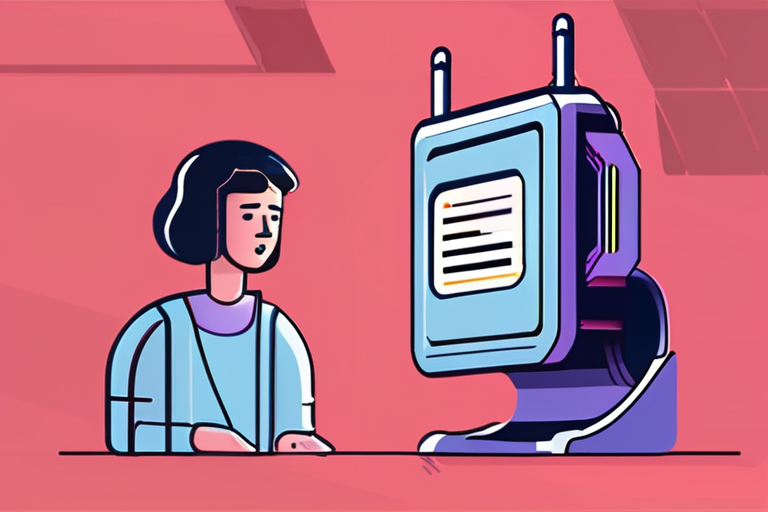
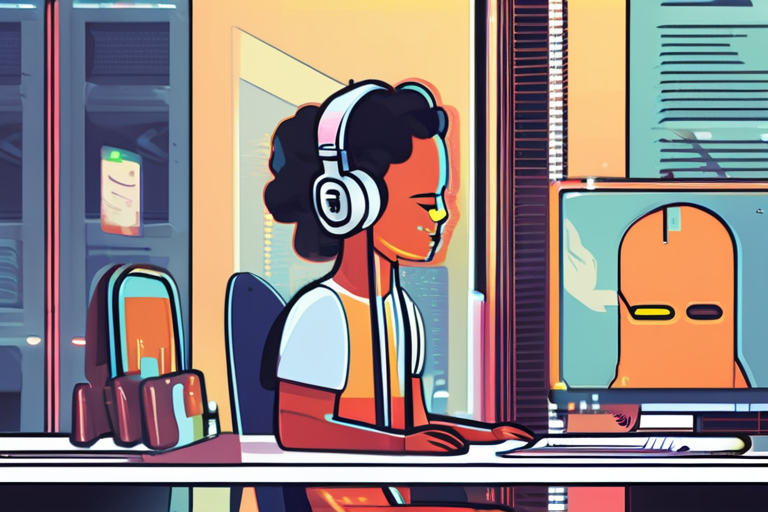
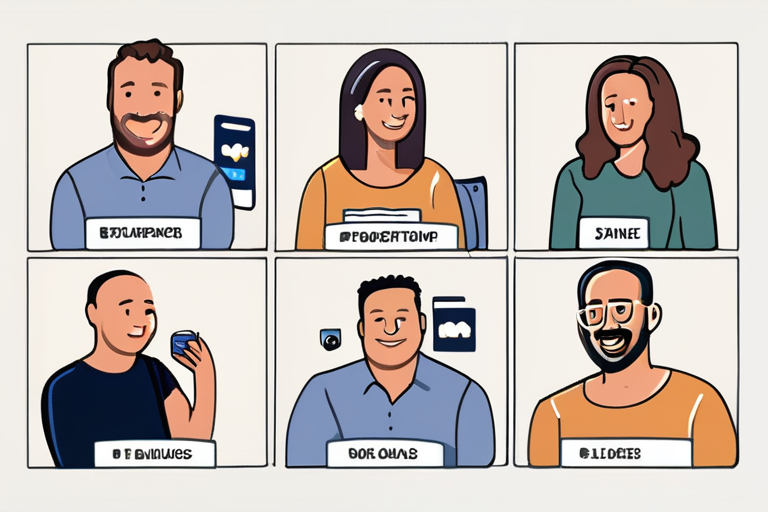
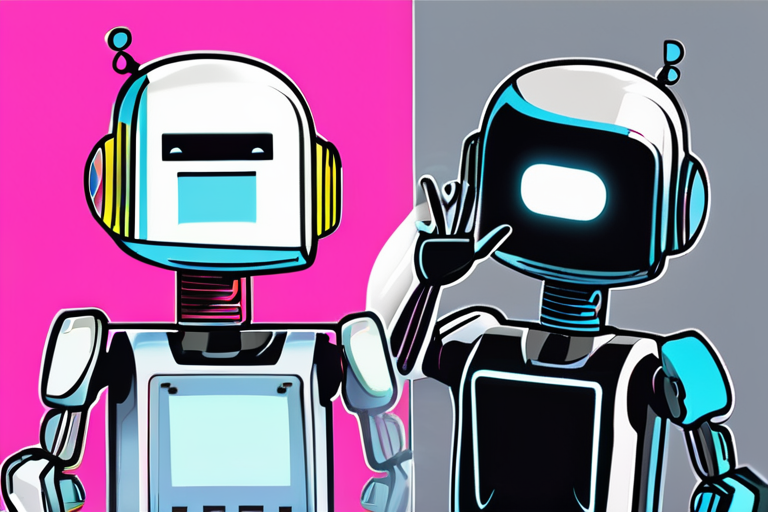
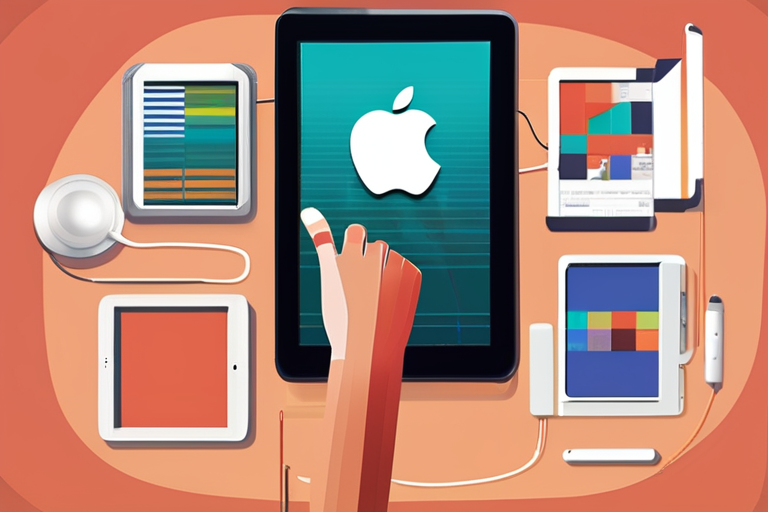
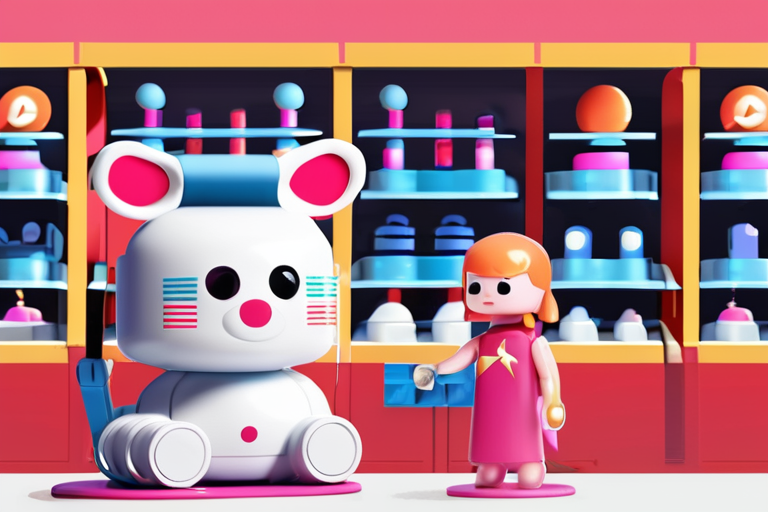
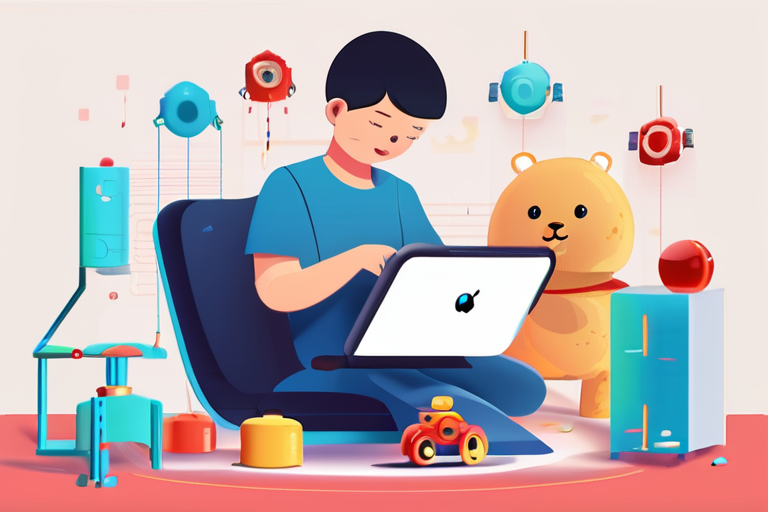
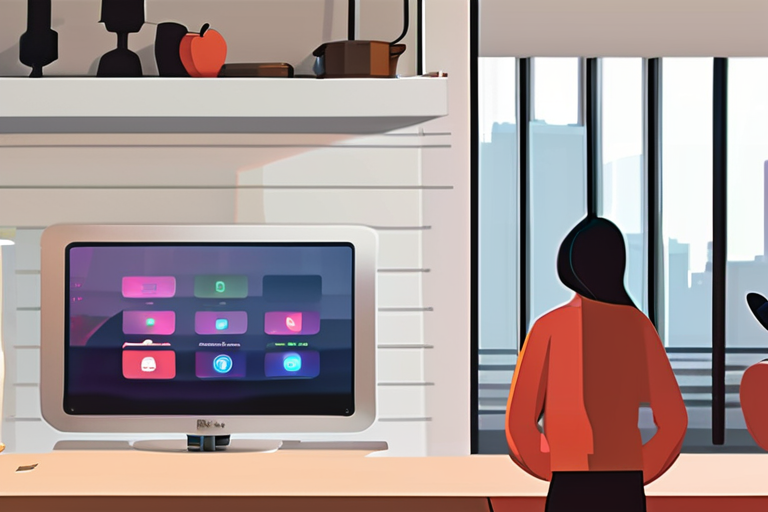
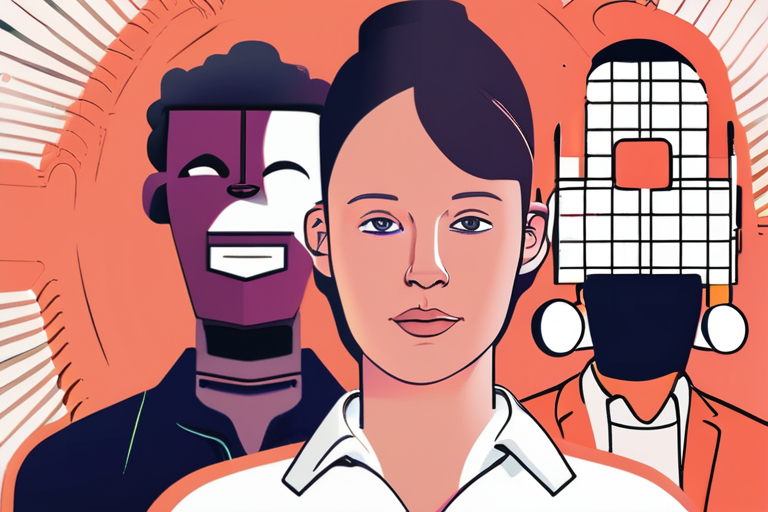
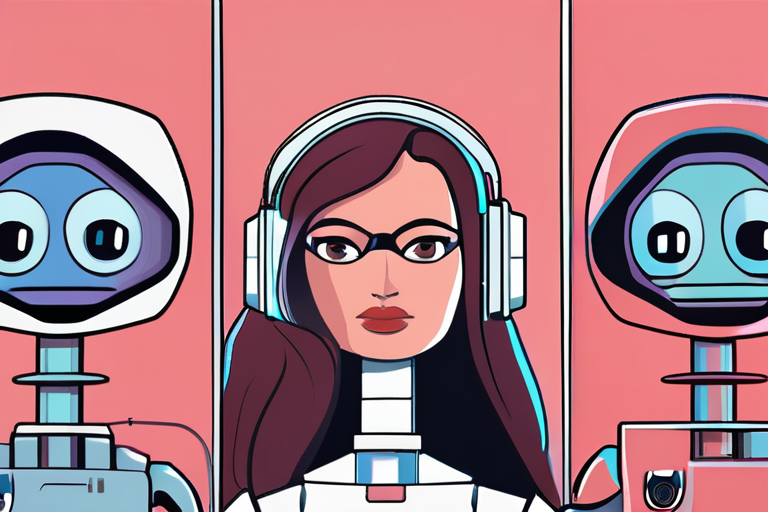

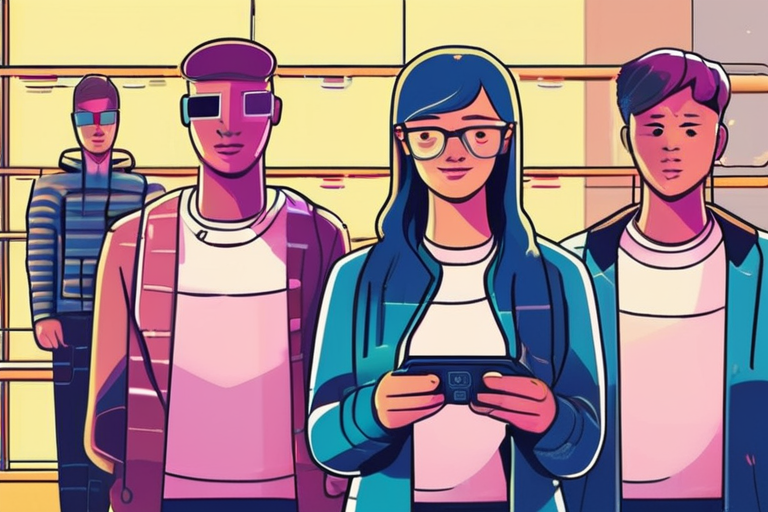
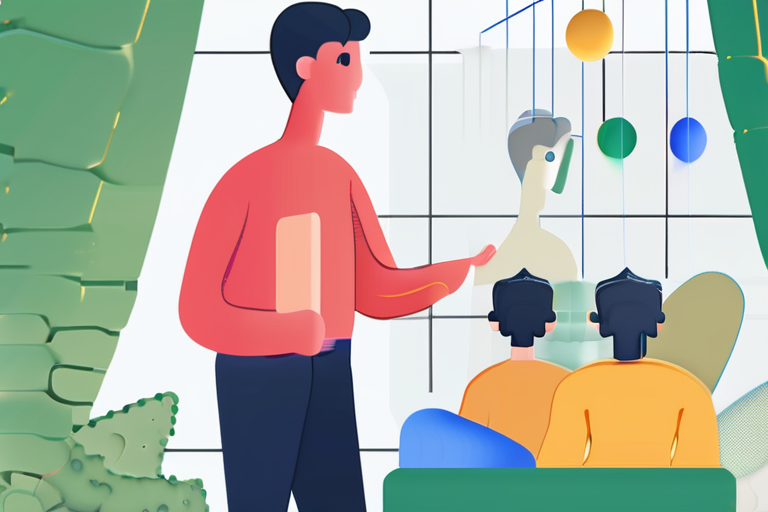
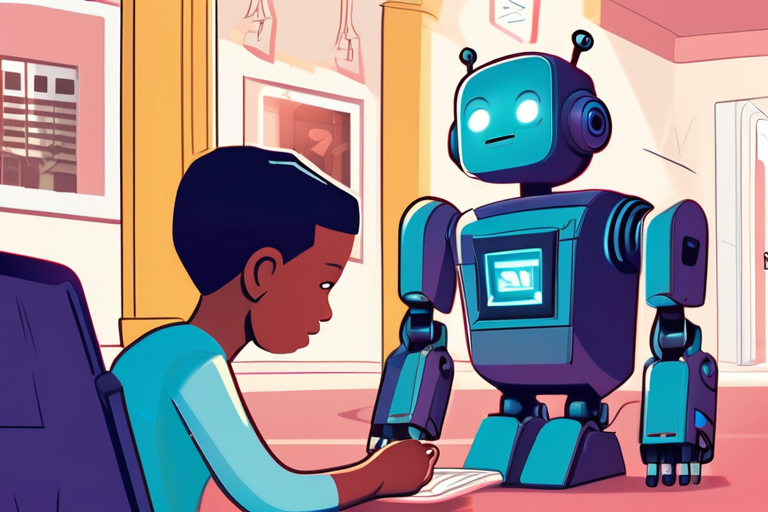
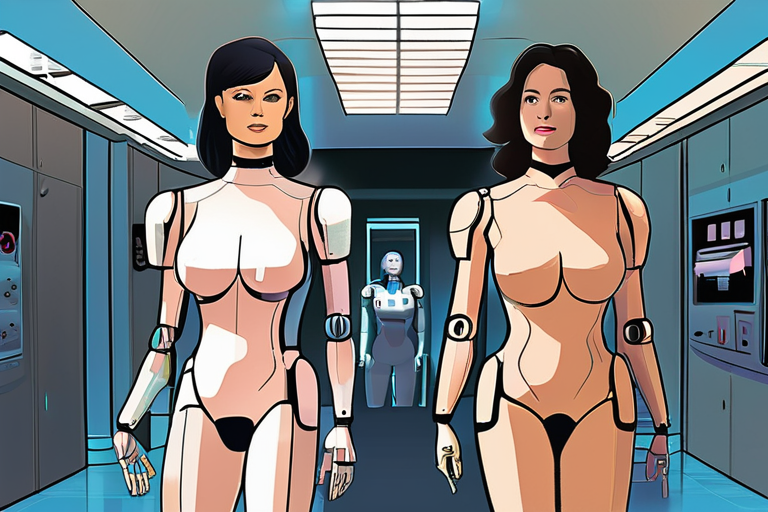
Share & Engage Share
Share this article